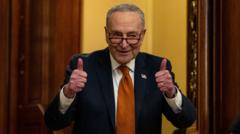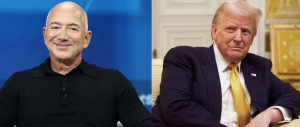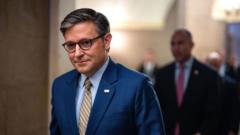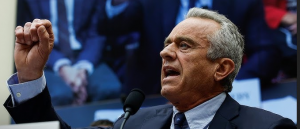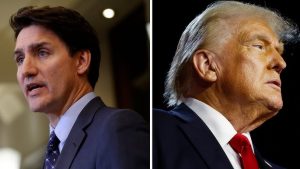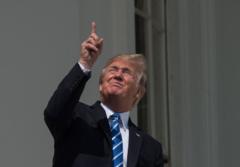The debate on daylight saving time continues as Trump leads efforts to abolish the practice for economic benefit and daily convenience.
Ending Daylight Saving Time: Trump’s Call for Change

Ending Daylight Saving Time: Trump’s Call for Change
Trump expresses intent to eliminate daylight saving time, citing economic and convenience concerns.
US President-elect Donald Trump has signaled a desire to abolish daylight saving time (DST), labeling it as "inconvenient" and "very costly" for American families. The practice of adjusting the clock by one hour in spring and back in autumn aims to maximize daylight usage. According to Pew Research Center, one-third of countries worldwide, including most of Europe, participate in this time-altering practice.
In the US, calls to discard DST have been persistent, with proponents arguing that ending it could promote brighter afternoons, leading to an uptick in economic activity. In a recent post on his social media platform, Truth Social, Trump pointed out that while there exists "a small but strong constituency" advocating for DST, he believes it should not continue, asserting that the Republican Party will take measures to eliminate it.
This is not the first time arguments have been made to alter DST in the United States. In 2022, a bill supported by the Democratic Senate sought to transition the US to permanent daylight saving time, emphasizing the advantages of longer evenings, particularly for commuters. However, the initiative known as The Sunshine Protection Act, championed by Republican Senator Marco Rubio, did not progress to President Joe Biden's desk for approval.
Rubio, who has been selected by Trump for the role of secretary of state in his administration, voiced that research had highlighted the economic benefits of a permanent switch to DST. The discussions around this issue are gaining momentum, as various politicians and public figures advocate for a re-evaluation of time change practices in the US.

